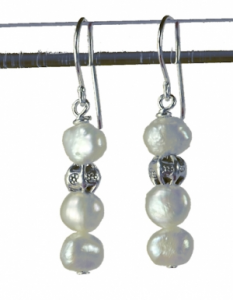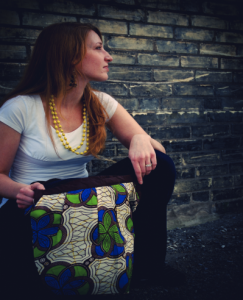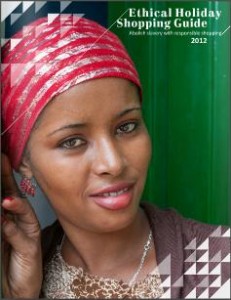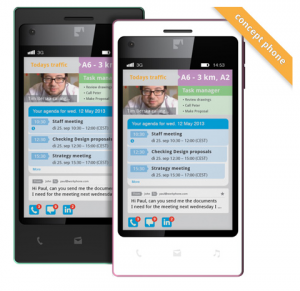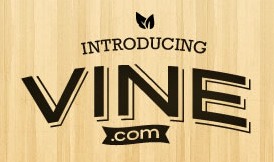On the eve of Labor Day weekend, it is only fitting to remember the workers around the world who suffer as modern-day slaves. An estimated 27 million people around the world are victims of human trafficking, either in the realms of forced labor or the sex trade. These individuals are forced to work for little or no pay under unsafe, coercive conditions, without the freedom to leave, organize, or stand up for themselves without the threat of violence.
One tragedy of modern-day slavery is that so many victims are ensnared while attempting to find legitimate work to support themselves and their family. Traffickers prey on the poor and the naive, offering well-paying jobs in a neighboring city or overseas. Instead of connecting people with real jobs, traffickers force them to work without pay in conditions that we would never accept if we saw them in the light of day.
In some factories, exits are locked to prevent workers from leaving. This leads to tragedy when fires occur. How would you feel if you were locked into your workplace everyday?
Imagine working 14-, 16-, 18-hour days in a brick kiln or garment factory. The work is repetitive and physically demanding. Your bathroom breaks are timed, and you are not free to converse with your fellow workers. Those who step out of line are beaten or subjected to verbal abuse. At the end of the day, your paycheck is too small to buy enough food to feed your hungry family. Or, your employer informs you that he is applying your paycheck toward your outstanding debt (which is often inflated or completely fabricated), so you have nothing to show for your day of work.
This is reality for far too many people in the world. On this Labor Day, let’s remember the workers around the world who do not enjoy the amazing freedoms we take for granted. The freedom to talk with fellow workers and hold organized meetings. The freedom to go to the restroom at will. Freedom from discrimination, racism, and sexism at the workplace. Of course these freedoms are not respected 100% of the time, but in the U.S. we at least have well-enforced laws to protect the basic rights of workers. Until all workers around the world have their rights protected as well, it is our responsibility to support businesses that treat their workers with respect, and to speak out against businesses that practice exploitation.
Tomorrow, I’m going to enjoy my freedom to kick off work a little early the Friday before a holiday weekend. But when I walk out of my comfortable, air-conditioned office building, I’ll be thinking of the workers in sweltering sweatshops and back-breaking quarries and how much work there is still left to do.
